Blog
Advice and expertise from AM, and special guest posts by leading archivists, academics and librarians from around the world.
-
TitleDescriptionDate
-
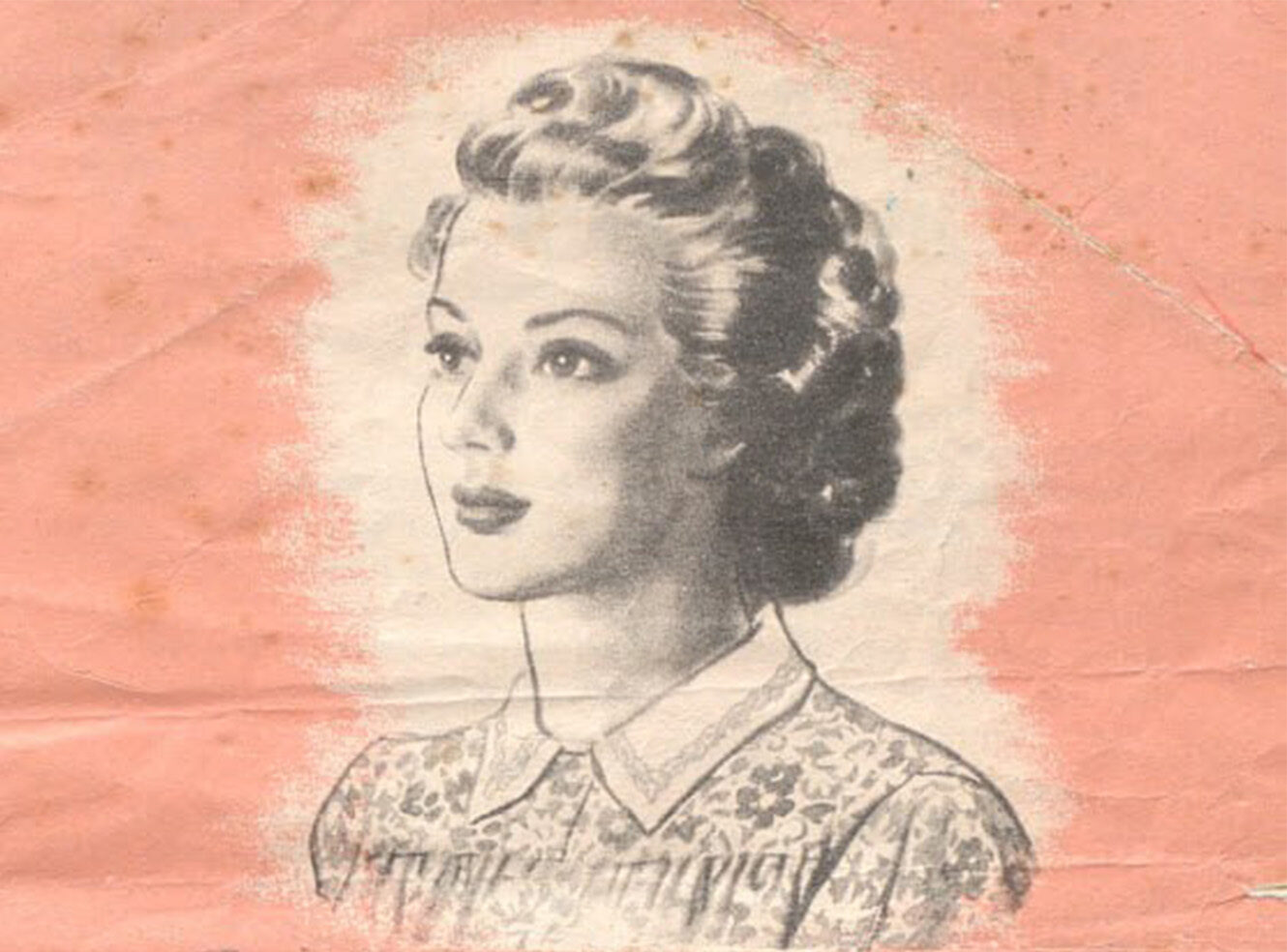 Call the midwife! Birth through the generations of the Mass Observation Project
Call the midwife! Birth through the generations of the Mass Observation Project“In a pandemic, babies don’t stop coming”, commented a midwife from Bradford Royal Infirmary in a 2020 BBC interview. There seems no better time than women’s history month to turn to narratives regarding this constant human experience in 1993 directive on “Birth” from the newly released Mass Observation Project Module II: 1990s.
-
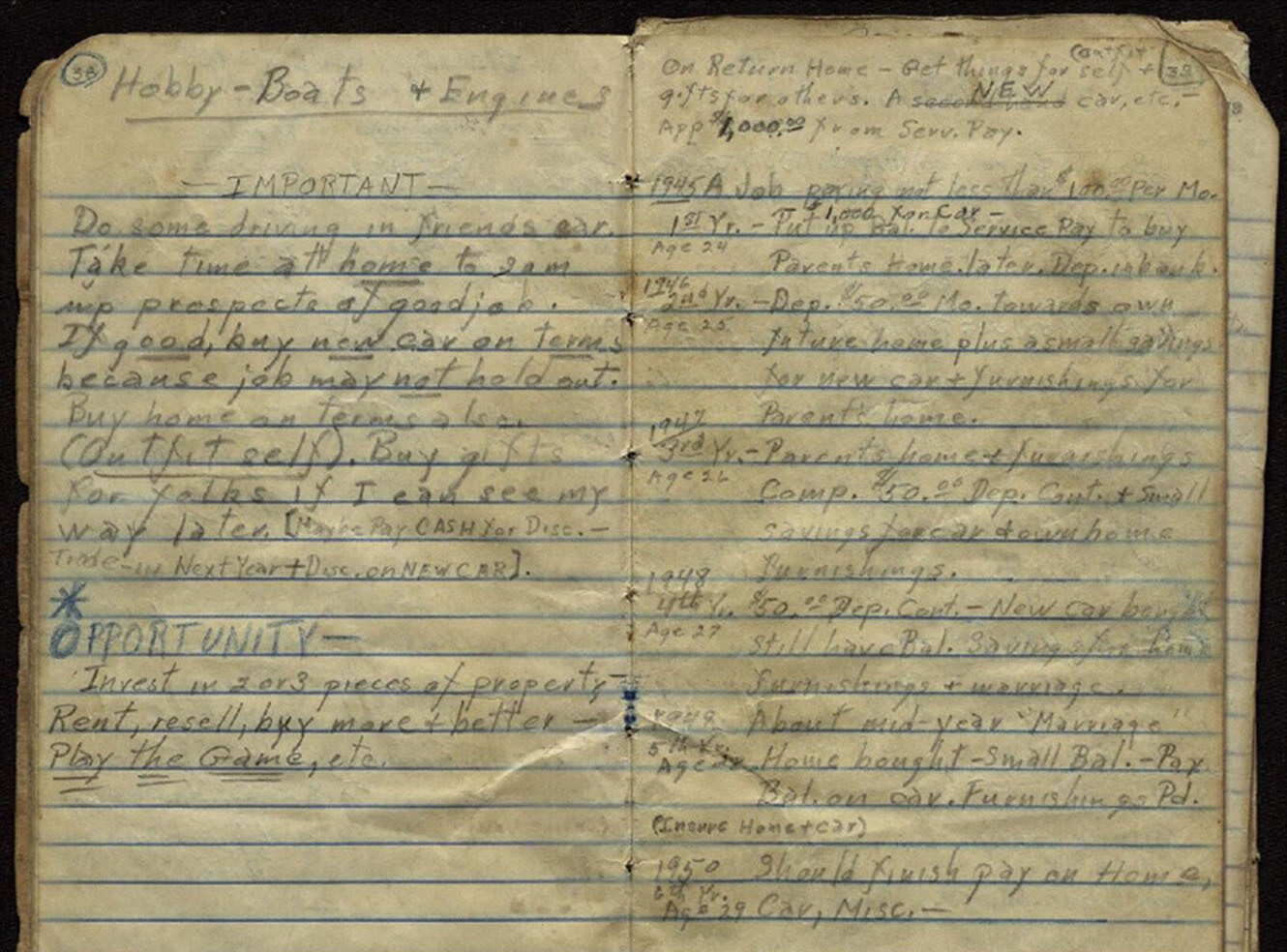 The power of a good list
The power of a good list“Self-control is strength. Thought is mastery. Calmness is power”. You would be forgiven for thinking these words were from a modern-day mindfulness expert, or perhaps an Instagram influencer. But no, they are found in the notes of an American prisoner of war from the Second World War, published in America in World War Two: Oral Histories and Personal Accounts.
-
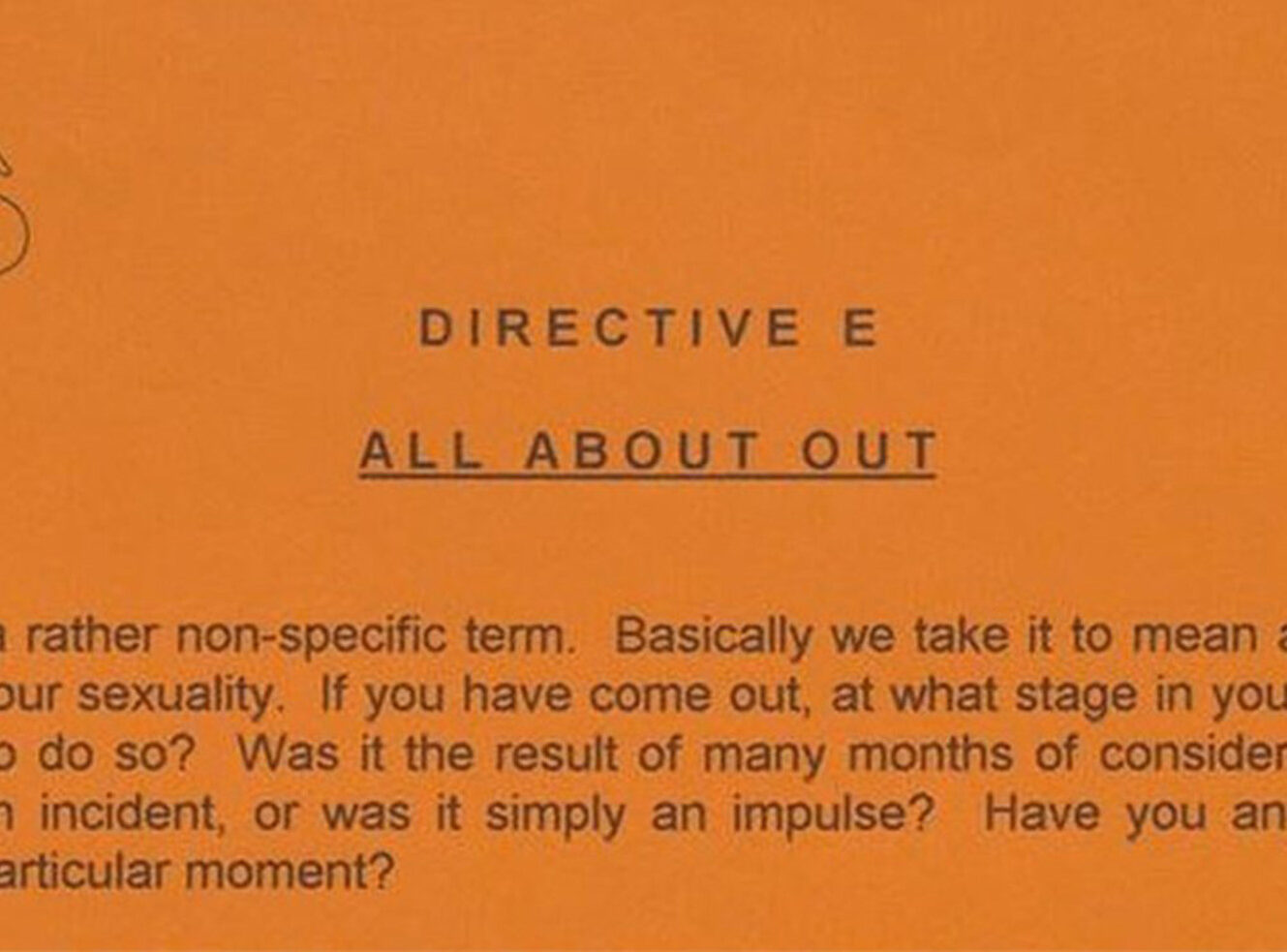 I’m coming out: Personal stories from The National Lesbian and Gay Survey Collection
I’m coming out: Personal stories from The National Lesbian and Gay Survey CollectionPerhaps one of the most personal experiences LGBTQ+ people face is the decision to come out (or not) and, inevitably, each person has their own story to tell. Here are three of them from a 1995 directive titled All About Out.
-
 Hunger for knowledge: A Darwinian approach to Food and Drink in History
Hunger for knowledge: A Darwinian approach to Food and Drink in HistoryFriday 12th February 2021 marks the 212th birthday of Charles Darwin, the father of evolution. Granted, it’s hardly a landmark number, but here at AM we’ll take any excuse to dive into one of our collections and let our inner history nerds run free. This blog comes with a warning, though – vegetarians, you might want to look away now…
-
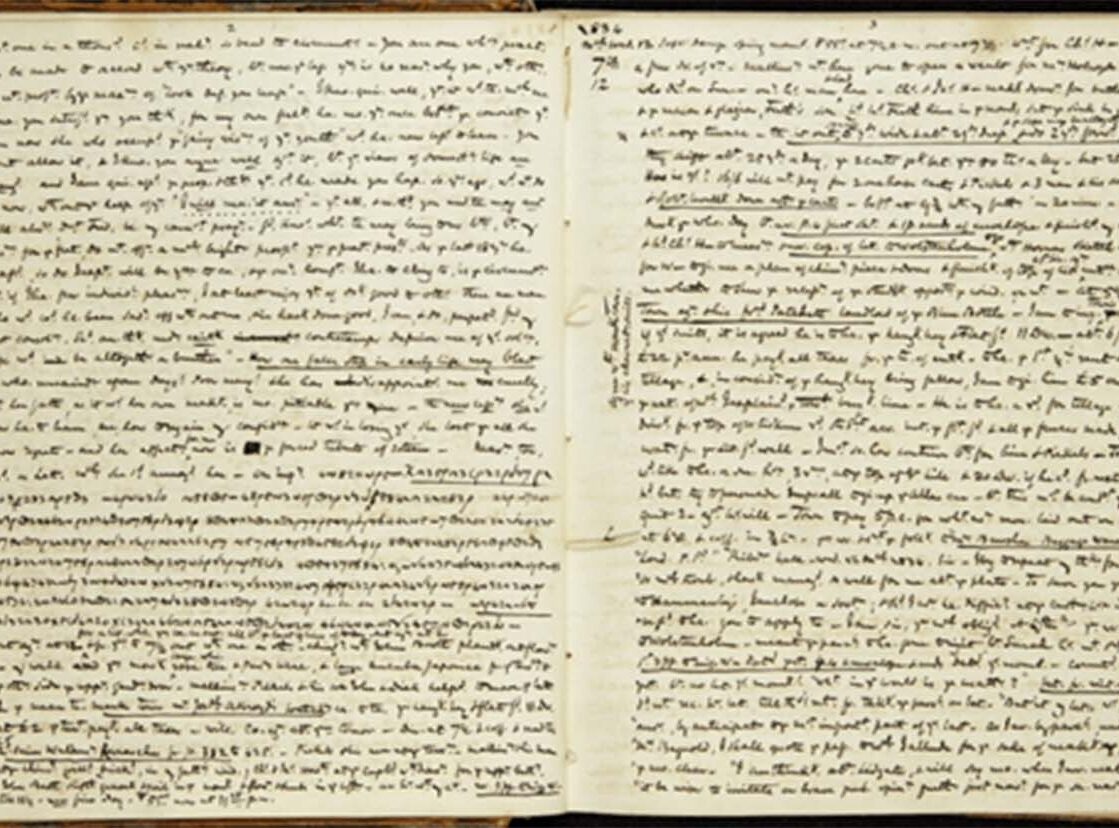 Gentleman Jack: The diaries of Anne Lister
Gentleman Jack: The diaries of Anne ListerIn this blog, we consider how the history of human sexuality and gender identity can be explored through the diaries of a historic lesbian figure, Anne Lister (1791-1840). Published with Handwritten Text Recognition software, the manuscript material is now searchable for the first time.
-
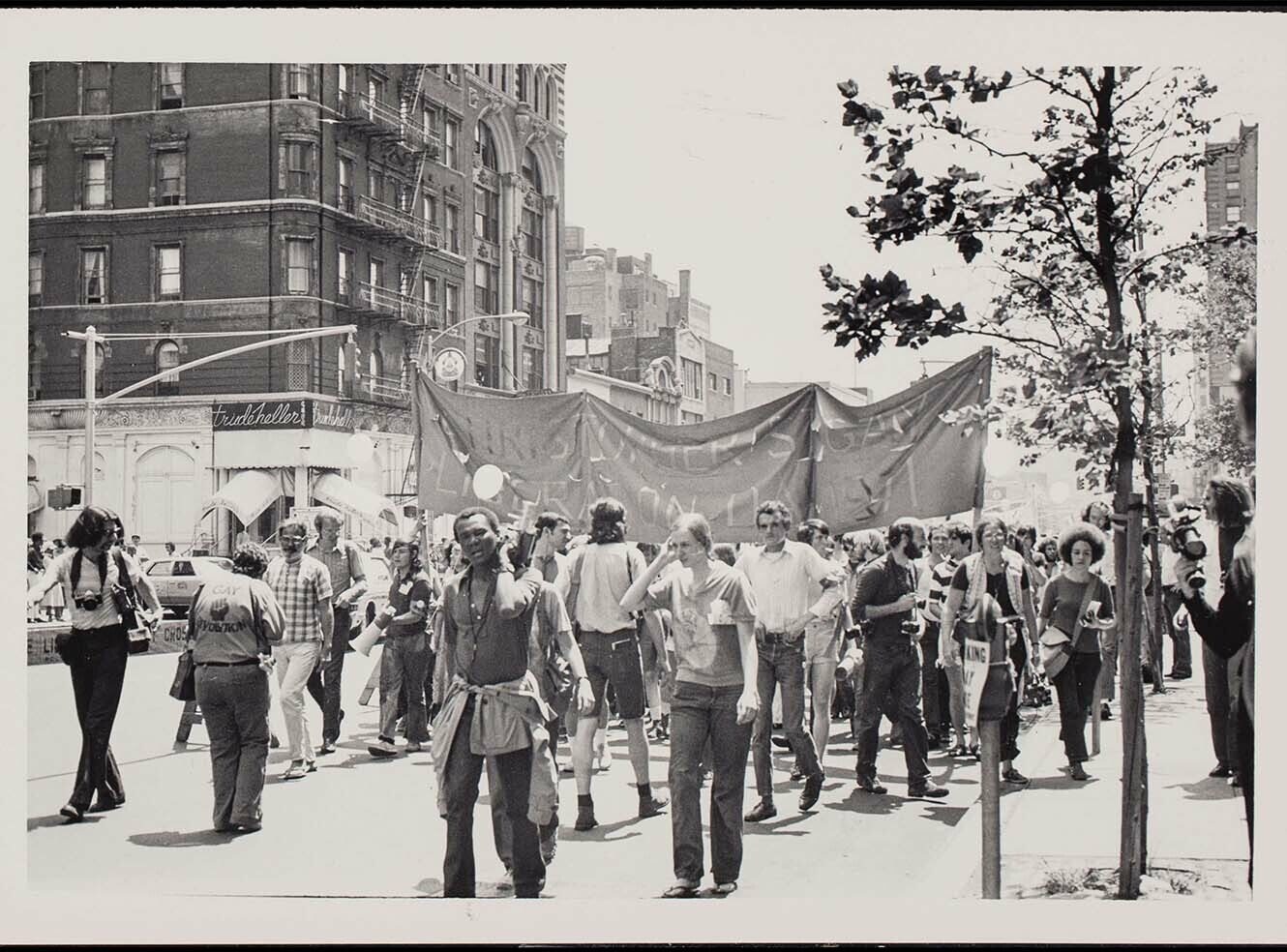 Self-expression, community and identity: Remembering Stonewall
Self-expression, community and identity: Remembering StonewallSex & Sexuality: Self-Expression, Community and Identity is the second module for this collection. It presents documents that focus on the lived sexual experiences of individuals, activism within the LGBTQ+ community, the criminalisation of sexuality between the nineteenth and twenty-first centuries as well as the devastating HIV/AIDs crisis among other major events within LGBTQ+ history.
-
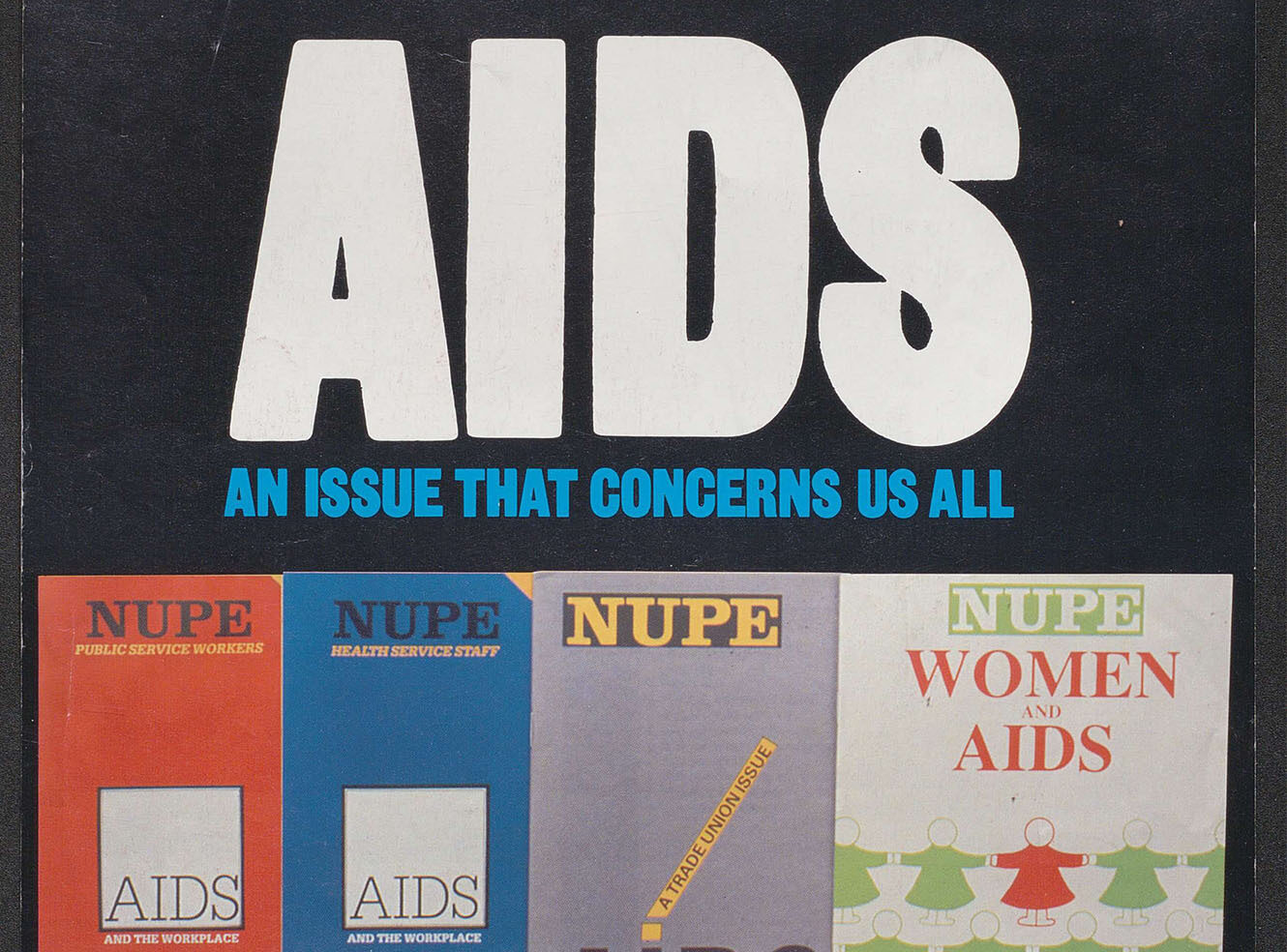 Don’t die of ignorance: Mass Observation and the AIDS crisis
Don’t die of ignorance: Mass Observation and the AIDS crisisIn an episode of Russell T. Davies’s new drama, It’s a Sin, the protagonists, a group of young gay men, cluster around the television in their battered but cheerful London flat. Crammed onto the sofa, they have obviously anticipated this moment. But what they are watching isn’t 1986’s latest, now nostalgic, primetime hit, but a new government advertisement.
-
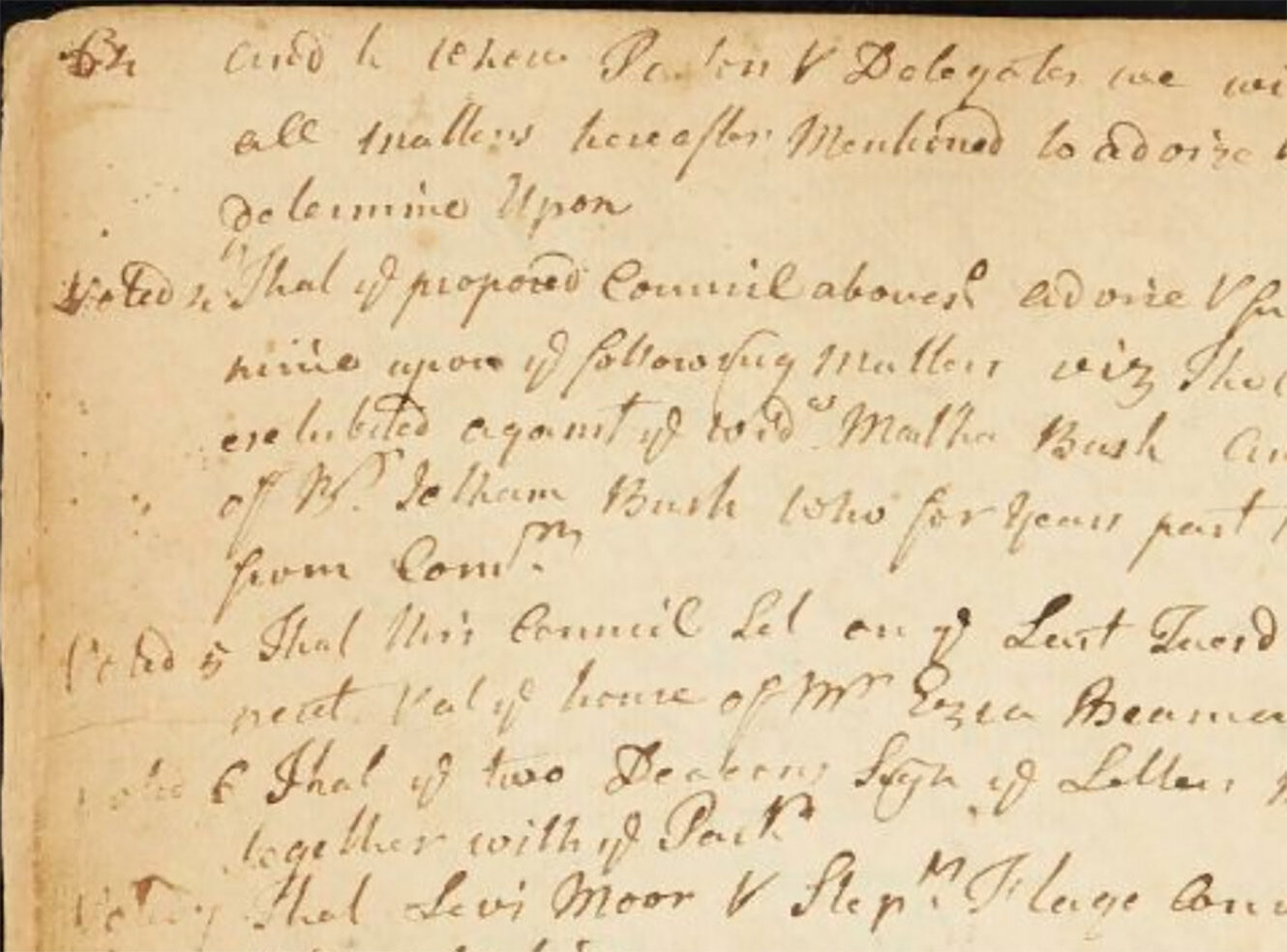 How Quartex and metadata clarify description and improve discoverability.
How Quartex and metadata clarify description and improve discoverability.In this guest blog, Zachary Bodnar, Archivist, Congregational Library & Archives (CLA), discusses why Quartex was selected as the platform to support CLA’s digital future. Much has been said about how Quartex will change, and make better, the ways in which we present our digital resources to our users.
-
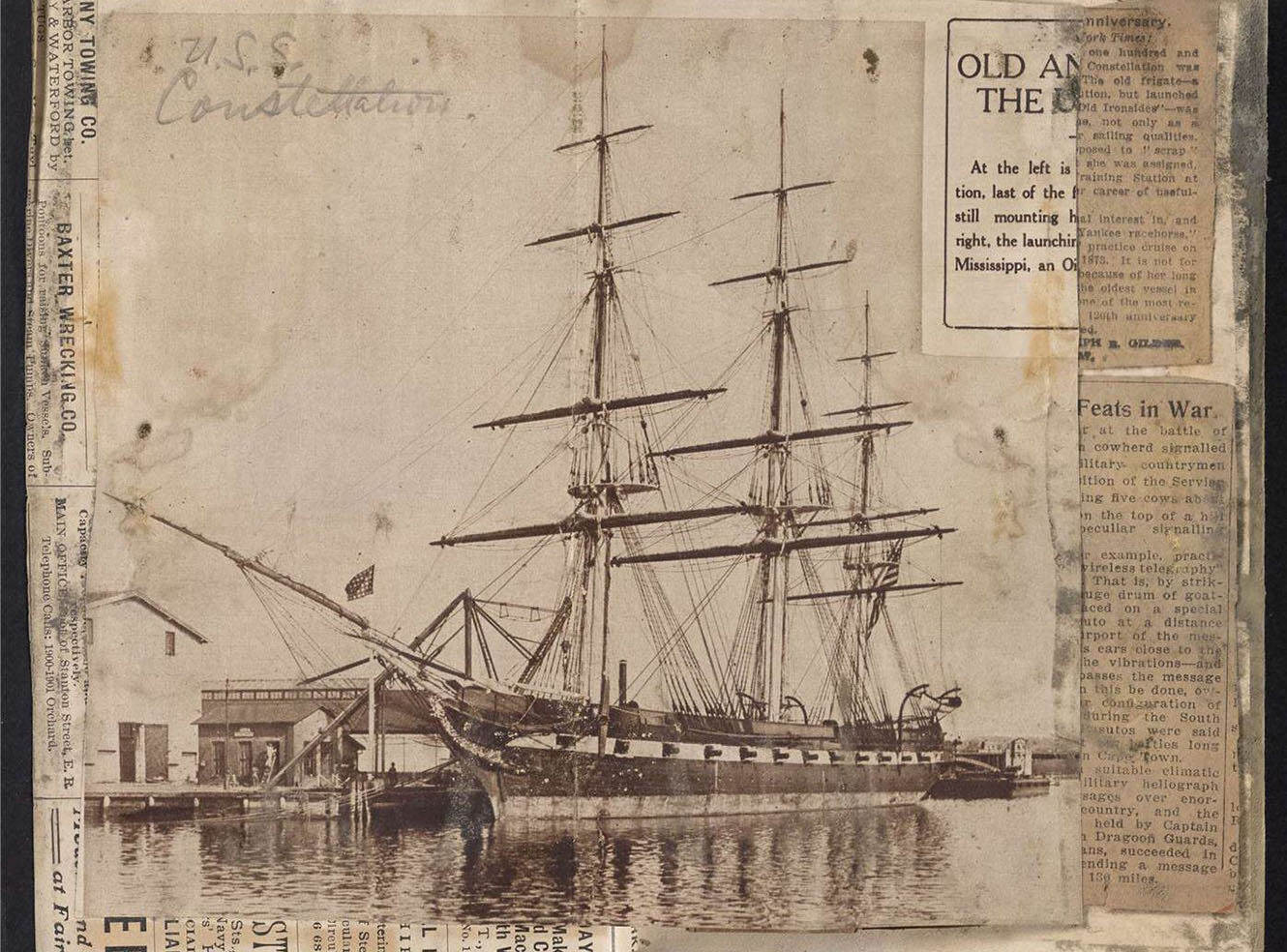 Preserving sea shanties: Ancient chorals beyond the memory of men
Preserving sea shanties: Ancient chorals beyond the memory of men2021 is the year of the sea shanty and we at AM have proven less than immune to the glorious sounds of bearded postmen and Tik-tokers harmonising from far and wide across the land. Inundated with renditions of drunken sailors, The Wellerman and a variety of unexpected remixes, I set course to find some historical examples from the golden age of sail.
-
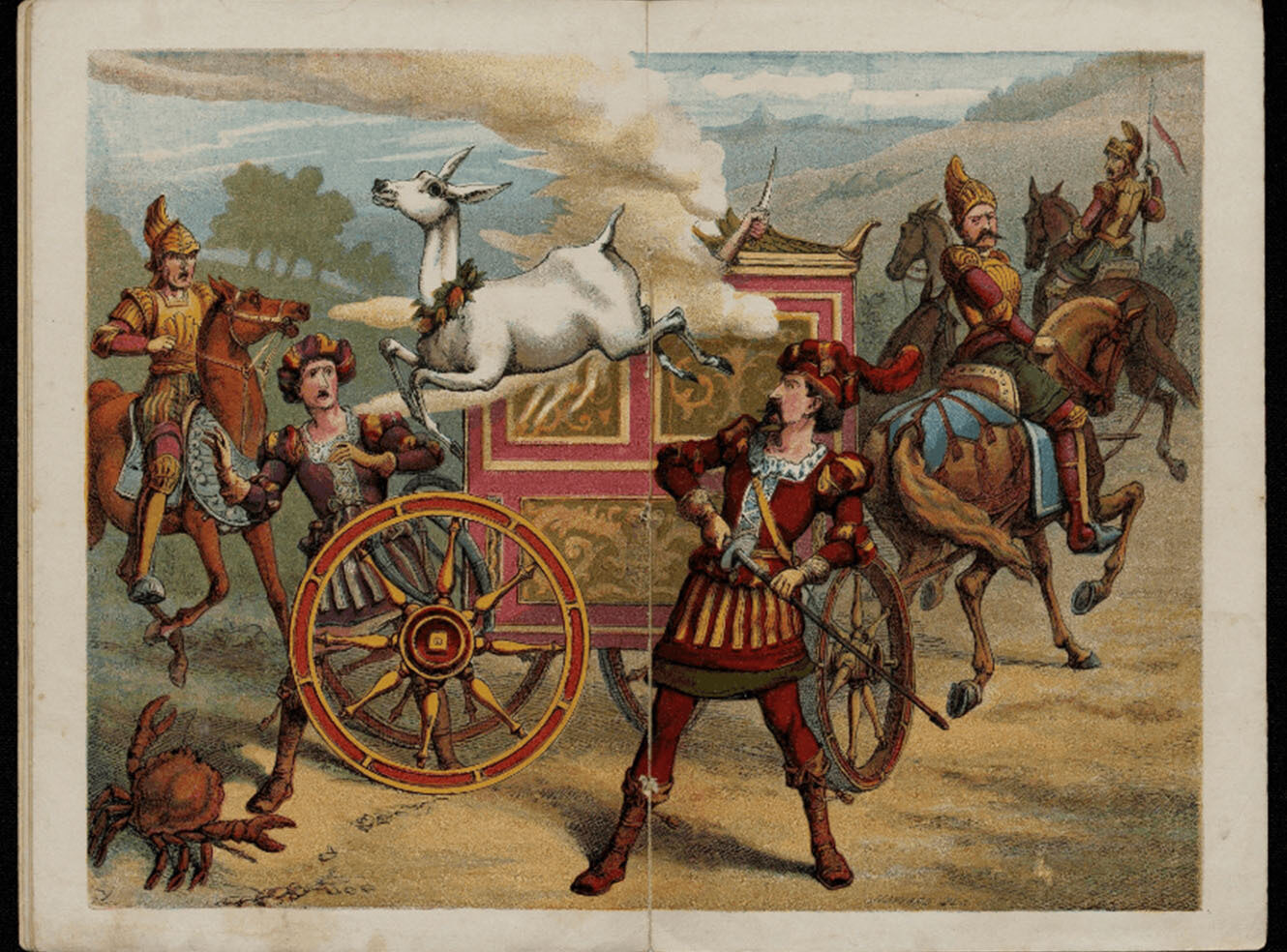 Madame d'Aulnoy: A fairytale life?
Madame d'Aulnoy: A fairytale life?Children’s Literature and Culture is packed with many wonderful adventures and fantastical stories. This blog explores the life of Marie-Catherine le Jumel de Barneville, commonly known as Madame d’Aulnoy, who was a pioneering fairy tale writer.
-
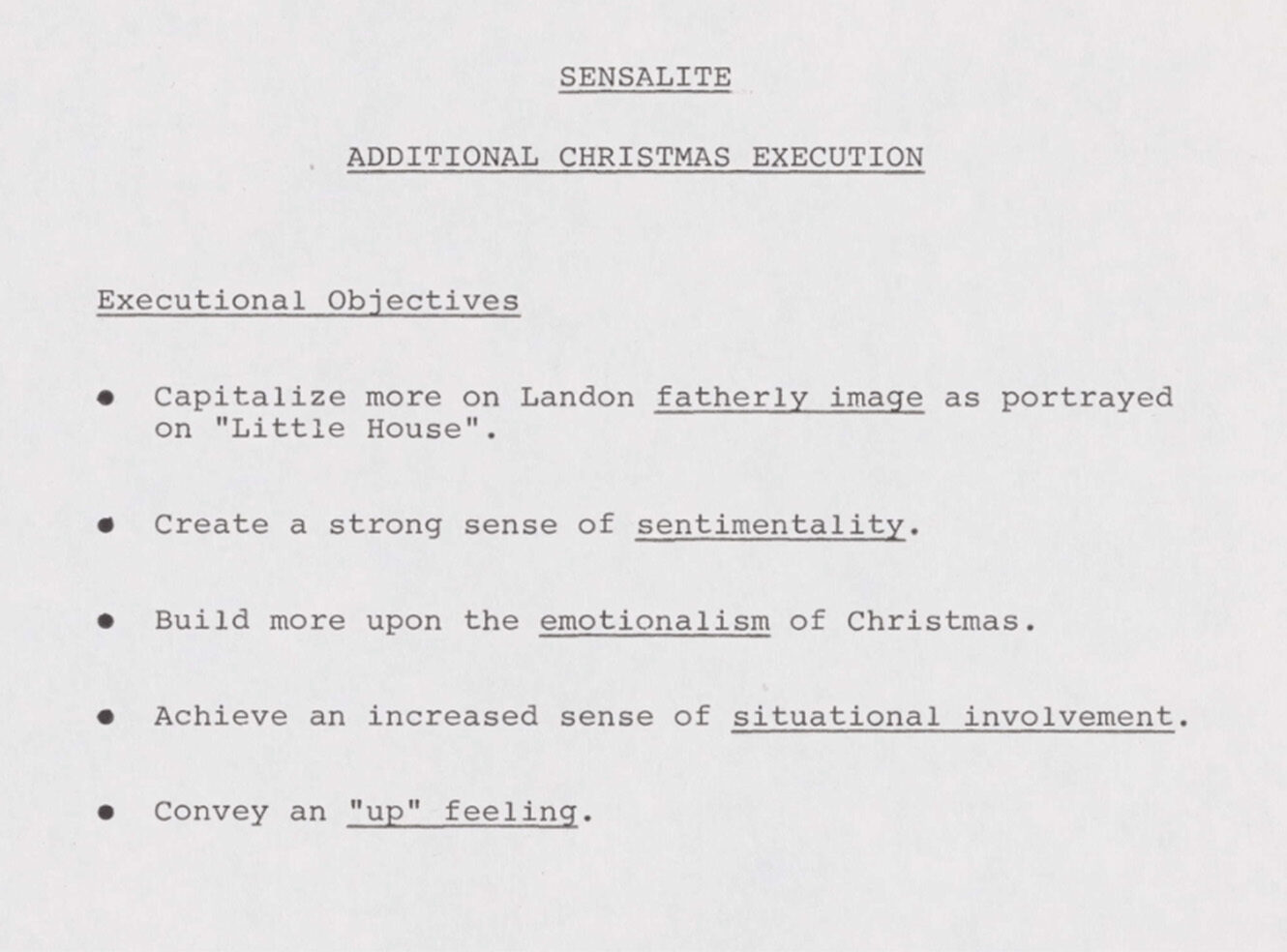 Advertising and Christmas
Advertising and ChristmasThe festive season has many attractions and can evoke many emotions depending on what you like: there’s the family time, the food, the time off, the music, the holiness, the general atmosphere of nostalgia, warm emotion and, of course, the presents and gift giving.
-
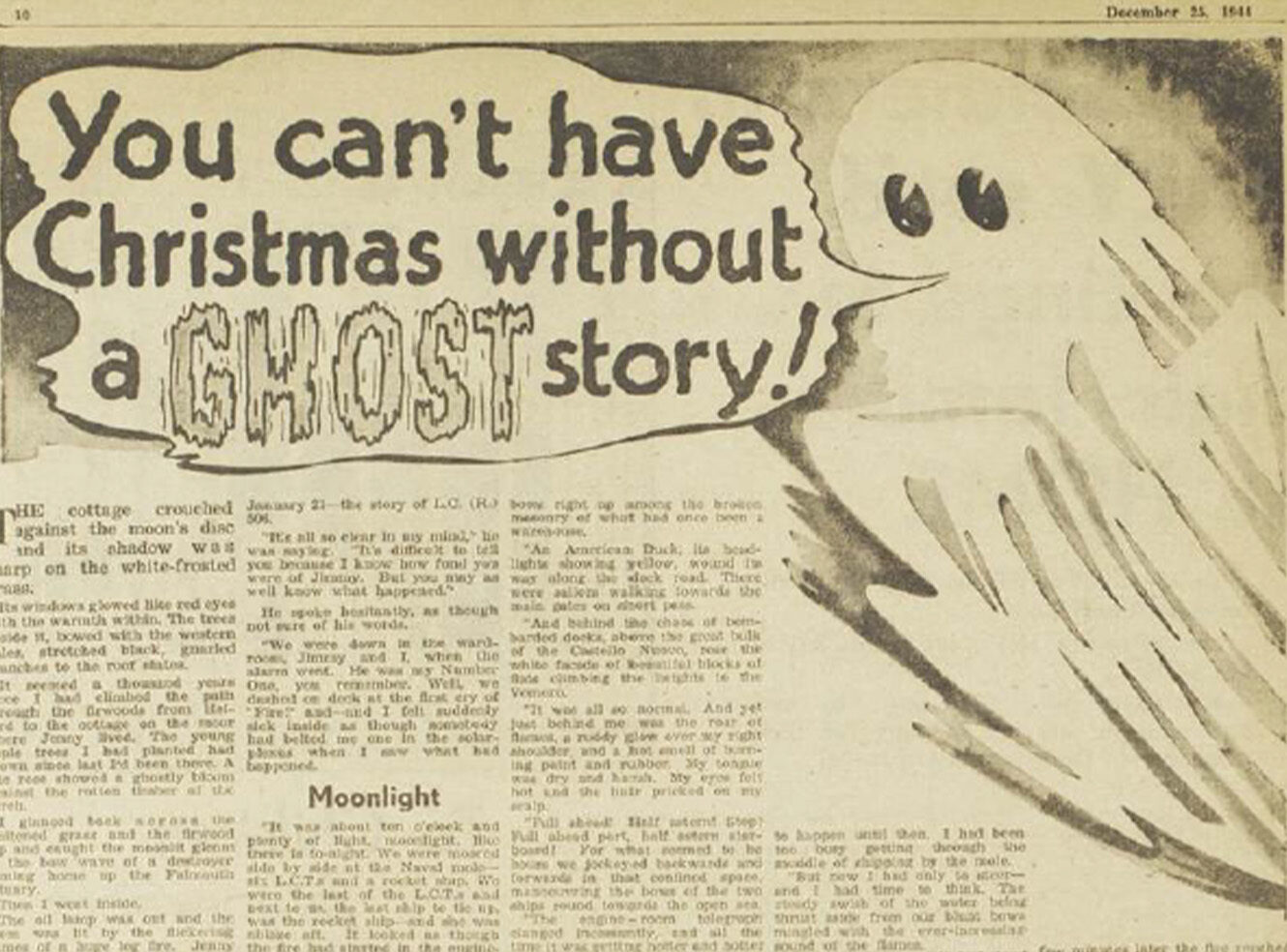 A ghost story for Christmas
A ghost story for ChristmasTelling ghost stories is now a pastime most commonly associated with Halloween but surprisingly it was once a time-honoured Christmas tradition.
-
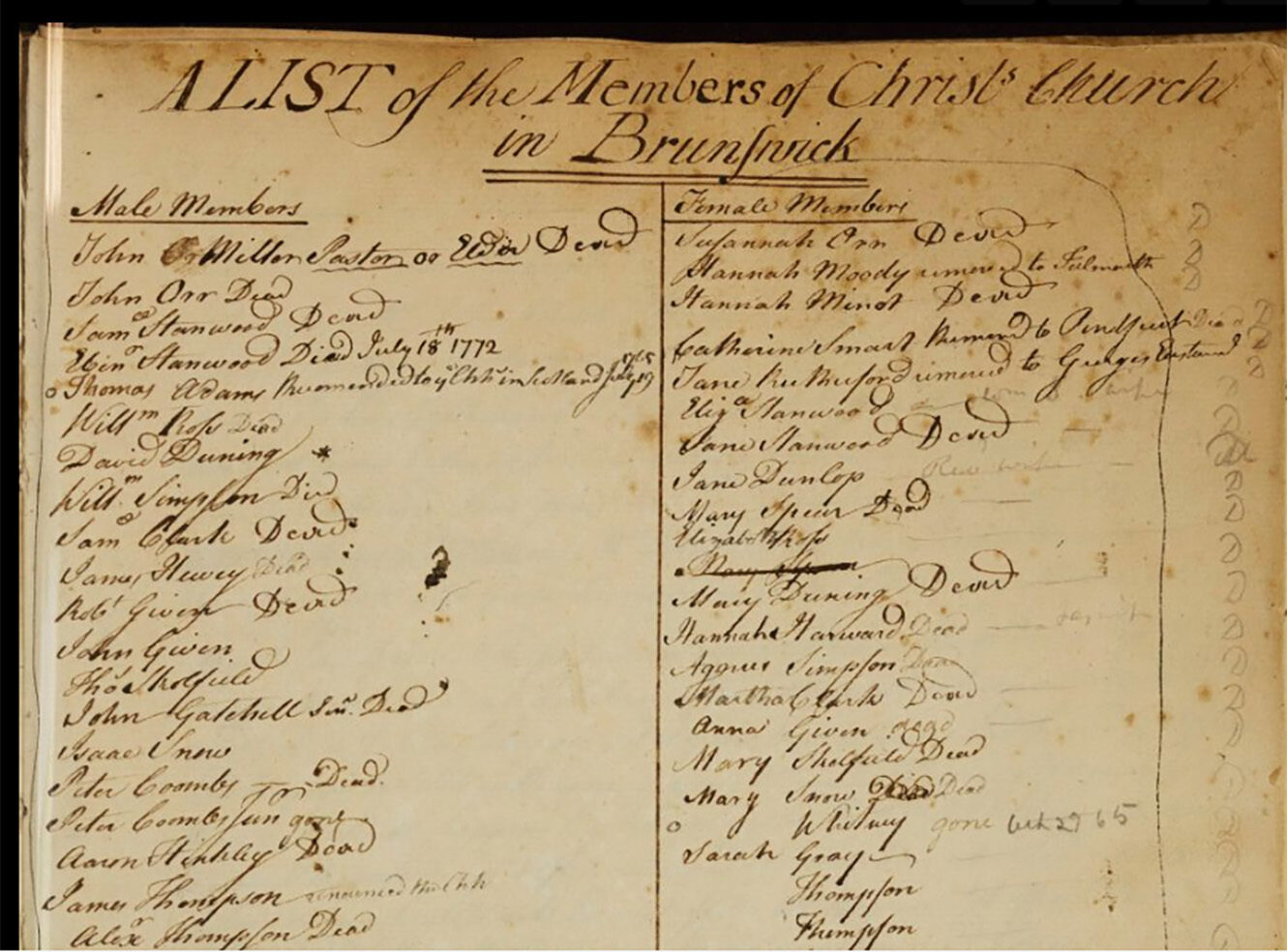 A big upgrade to the CLA's digital future!
A big upgrade to the CLA's digital future!Zachary Bodnar, Archivist at Congregational Library & Archives (CLA), discusses why Quartex was selected as the platform to support the CLA’s digital future.
-
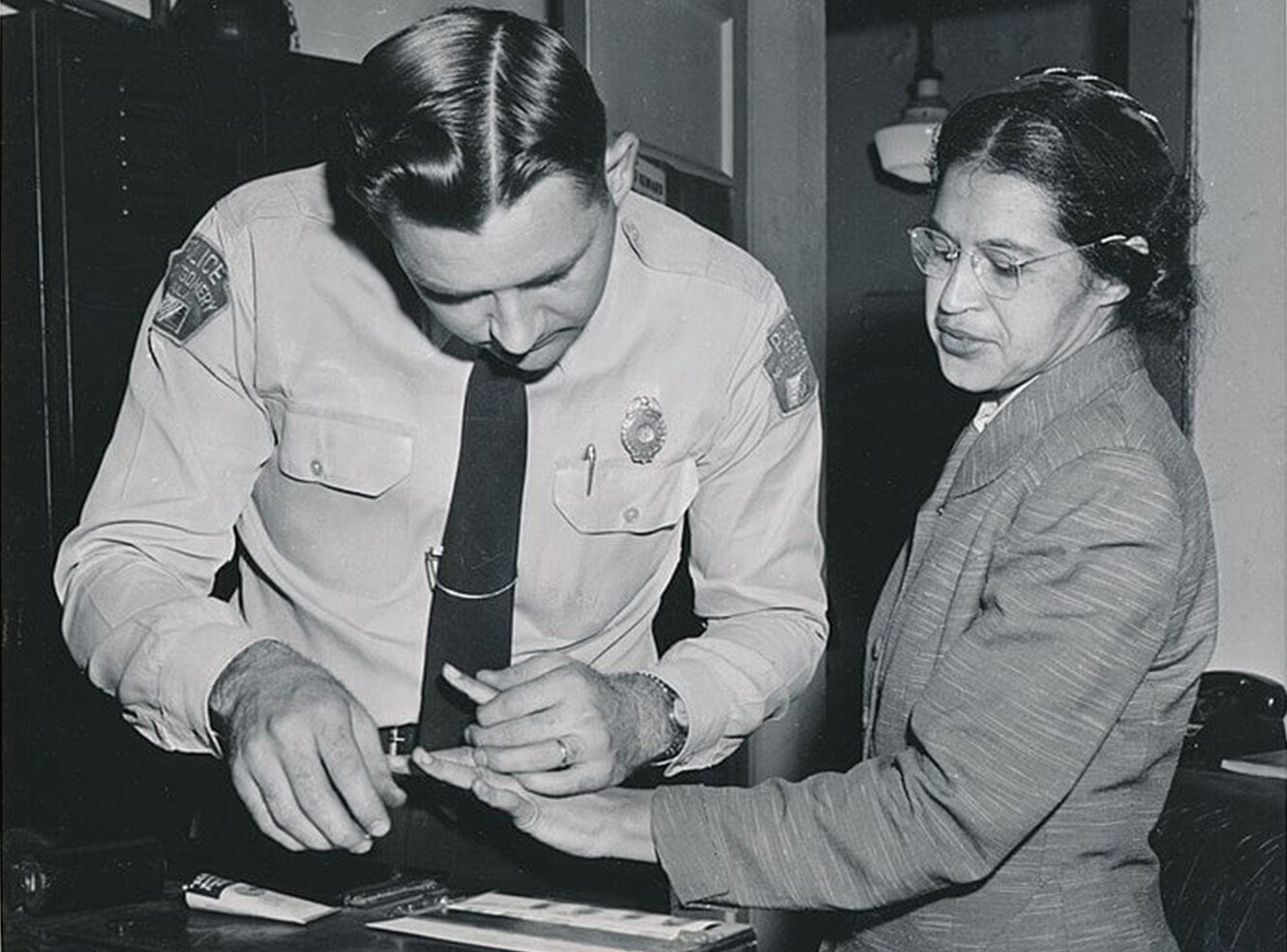 Rosa Parks and the Montgomery bus boycott
Rosa Parks and the Montgomery bus boycottIt was on December 1st 1955 that Rosa Parks refused to give up her seat on a public bus in Montgomery, Alabama. Her act of defiance sparked the Montgomery Bus Boycott, which is now regarded as the first large-scale demonstration against segregation in the US. Primary sources in AM resource Race Relations in America can begin to tell us about this story first-hand.
-
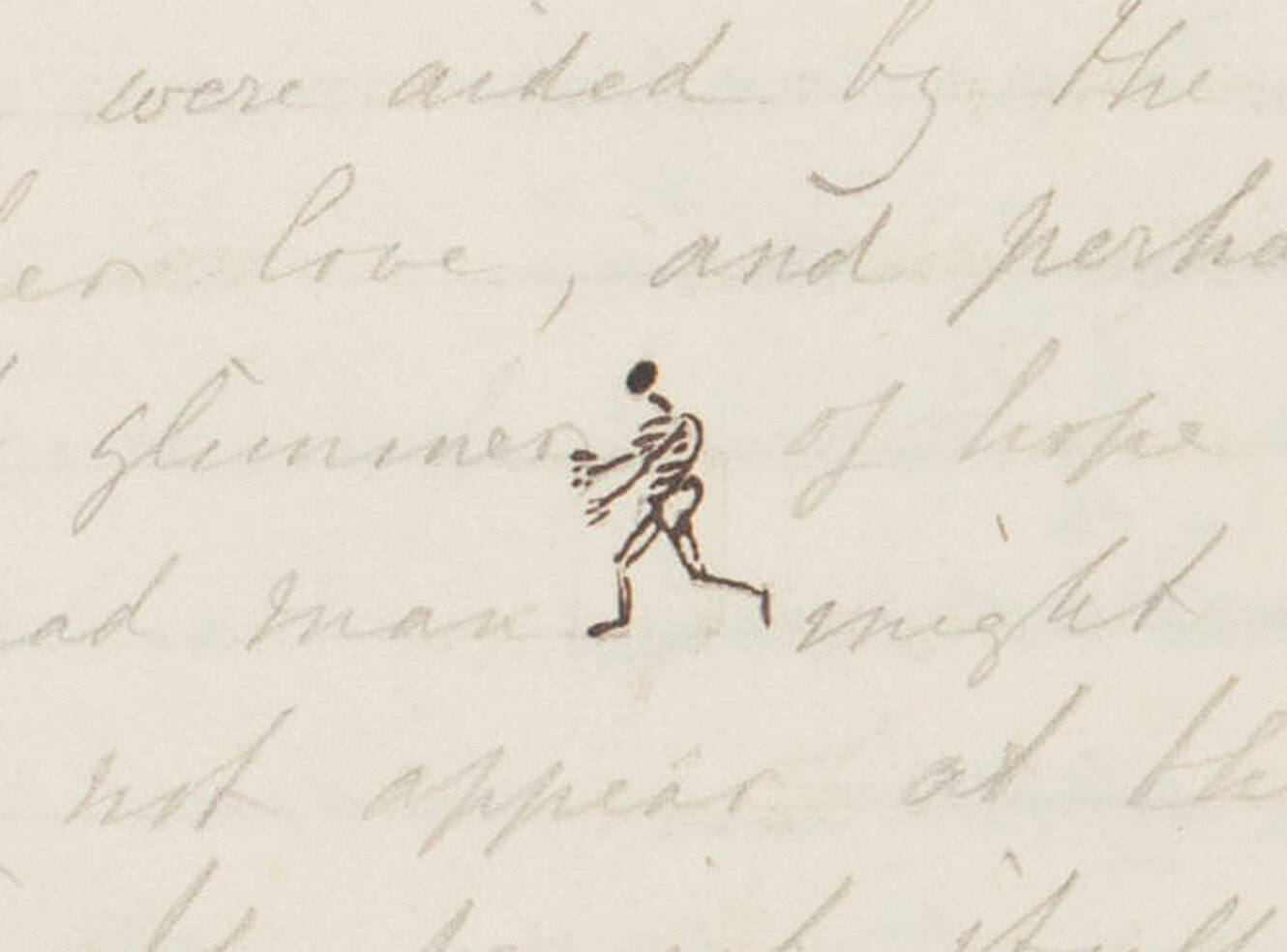 Like father, like daughter? A gothic short story by Ada Lovelace
Like father, like daughter? A gothic short story by Ada LovelaceWhile most of us will be fortunate to earn one genuine ‘claim to fame’ in our lifetime, Augusta Ada King, Countess of Lovelace (10 December 1815 – 27 November 1852) has two. Best known today for her contributions to the fields of mathematics and computer science, she also happened to be the daughter of a certain George Gordon Byron, the most famous poet of the Romantic era.
-
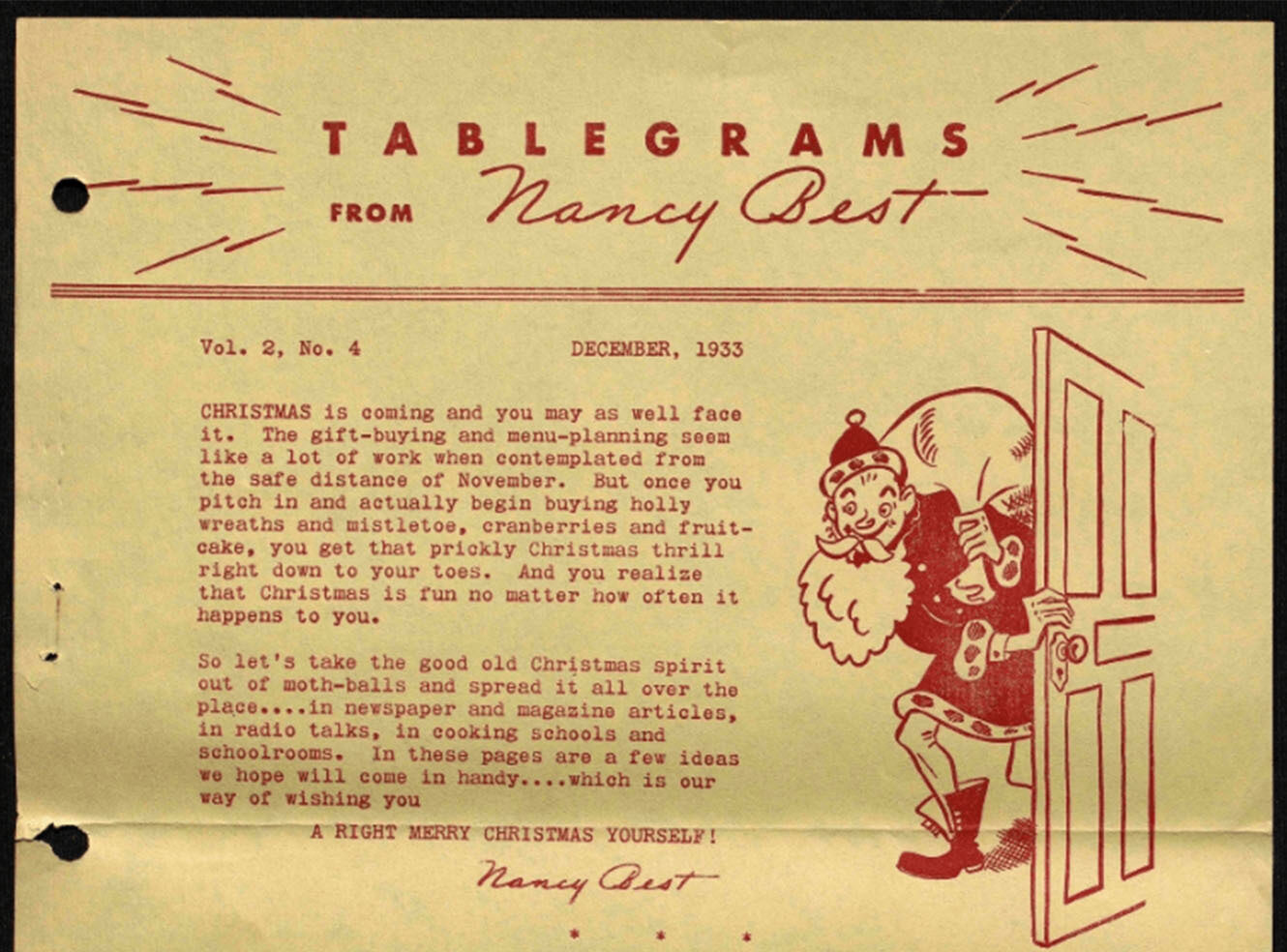 Tablegrams from Nancy Best: Tips and tricks for your festive preparations
Tablegrams from Nancy Best: Tips and tricks for your festive preparationsAs we approach the end of November, most of us will be beginning to think about our Christmas shopping, baking our Christmas cakes and Christmas puddings and starting to stock up on all the festive treats that we enjoy over the Christmas period. Having recently started some of my own festive preparations and with Christmas very much on my mind, I turned to our Food and Drink in History resource for a little bit of festive food inspiration.
-
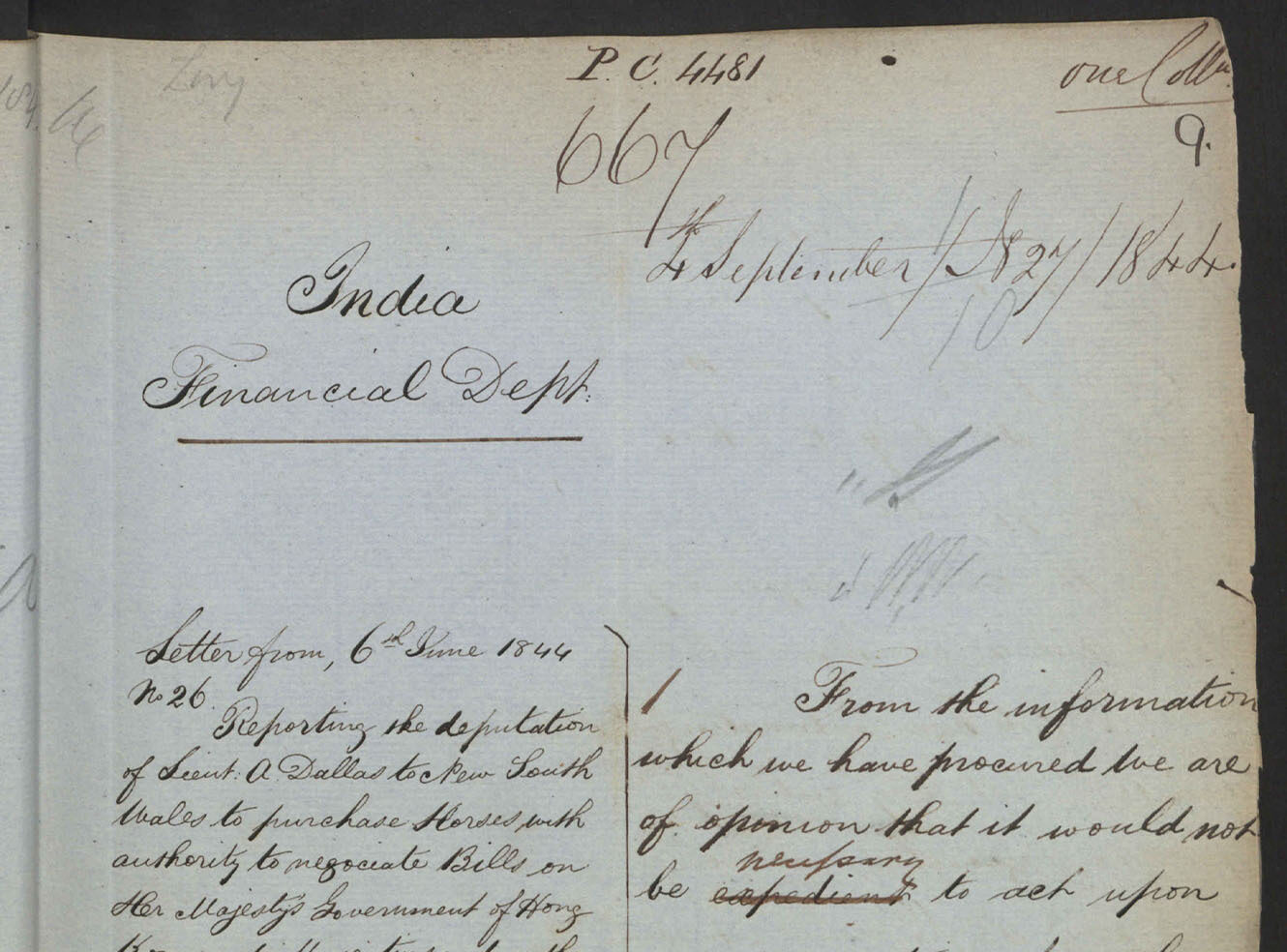 Horses, mules, a buffalo and a King
Horses, mules, a buffalo and a KingThe fourth module of East India Company, Correspondence: Early Voyages, Formation and Conflict, released this week, showcases a vast quantity of archival material from Series E of the India Office Records held at the British Library. Documents relating developments in not only South Asia, but also Venice, Persia, Syria, China, Japan, Madagascar, Singapore and modern-day Indonesia (among other places) all feature.
-
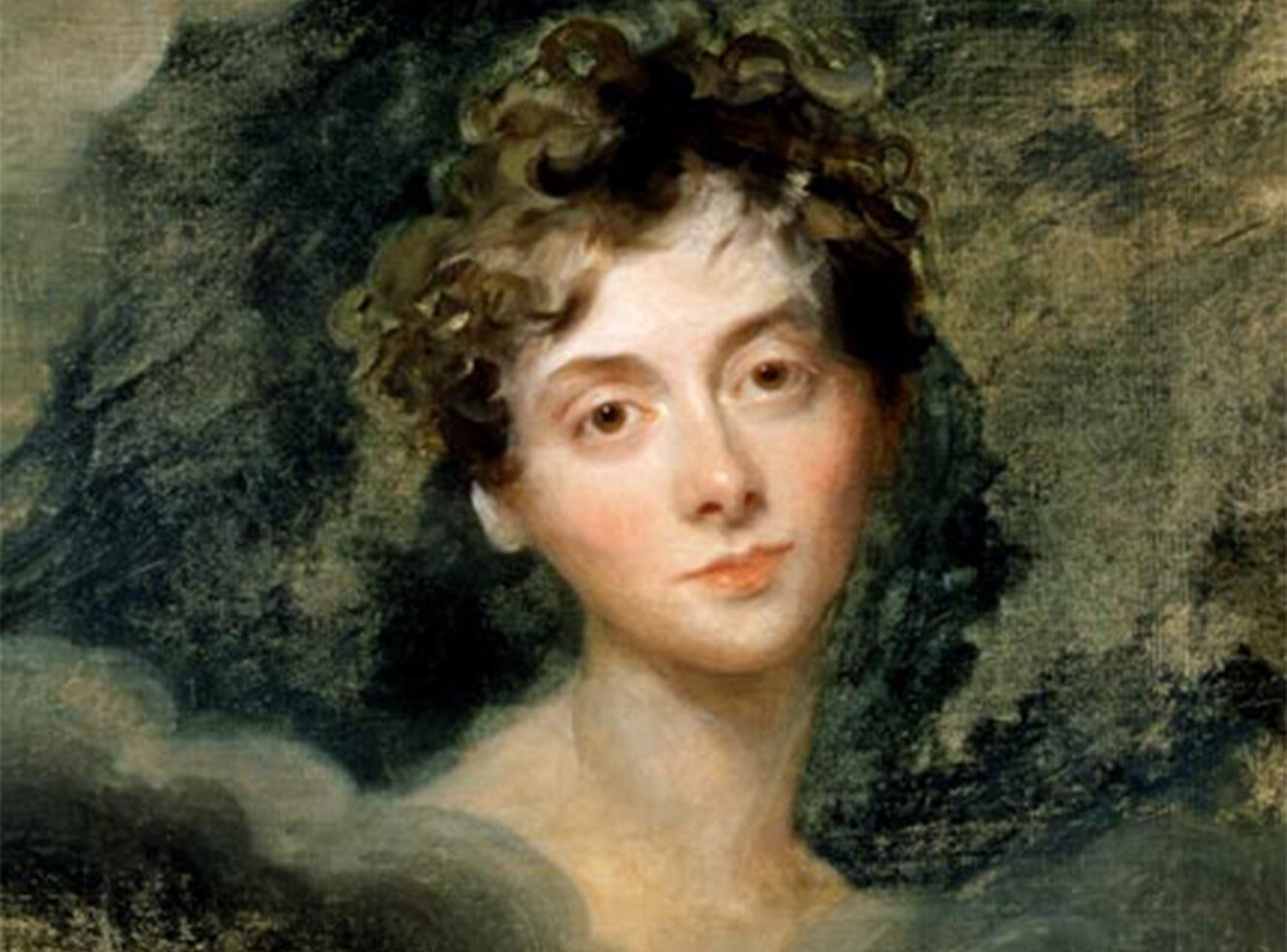 Shake not your heads, nor say the Lady's mad: A very Byronic bonfire
Shake not your heads, nor say the Lady's mad: A very Byronic bonfireA perennial favourite of the autumn calendar, Bonfire Night – or Guy Fawkes’ – passed quietly in lockdown yesterday with nary a whiff of gunpowder nor plotting on the cold November air. It is not to the attempted parliamentary fireworks of 1605 that I turn today, however, but another bonfire, both literal and literary.
-
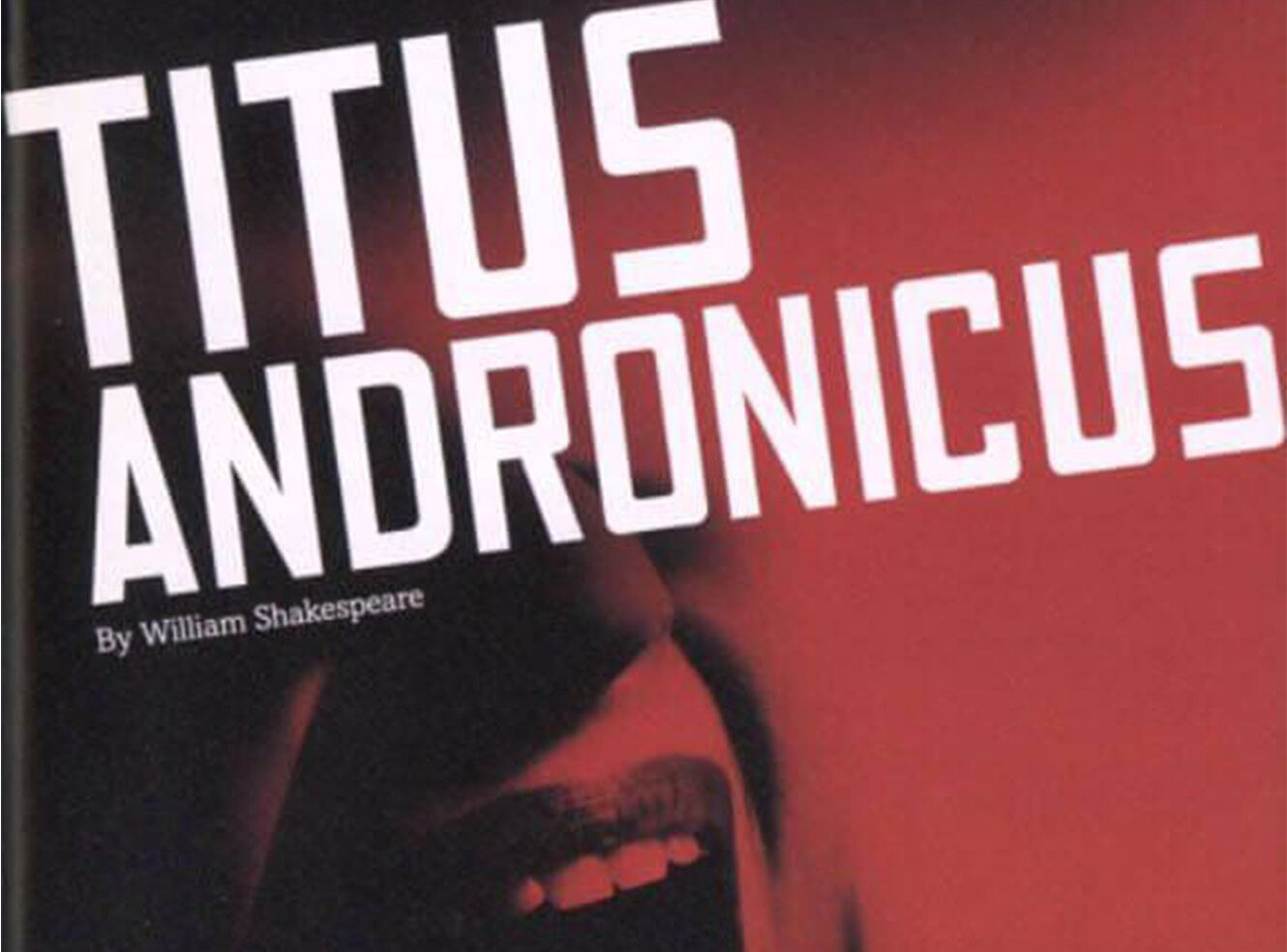 “Blood and revenge are hammering in my head”: Get your Halloween horror fix in Shakespeare’s Globe Archive.
“Blood and revenge are hammering in my head”: Get your Halloween horror fix in Shakespeare’s Globe Archive.With COVID-19 scuppering so many holiday plans in 2020 I was determined to still get my Halloween fix this year. Pumpkins have been carved, I’m ready to consume my body weight in pick ‘n’ mix and I’ve been delving back into one of my favourite productions of Shakespeare’s famously gruesome Titus Andronicus in Shakespeare’s Globe Archive.
-
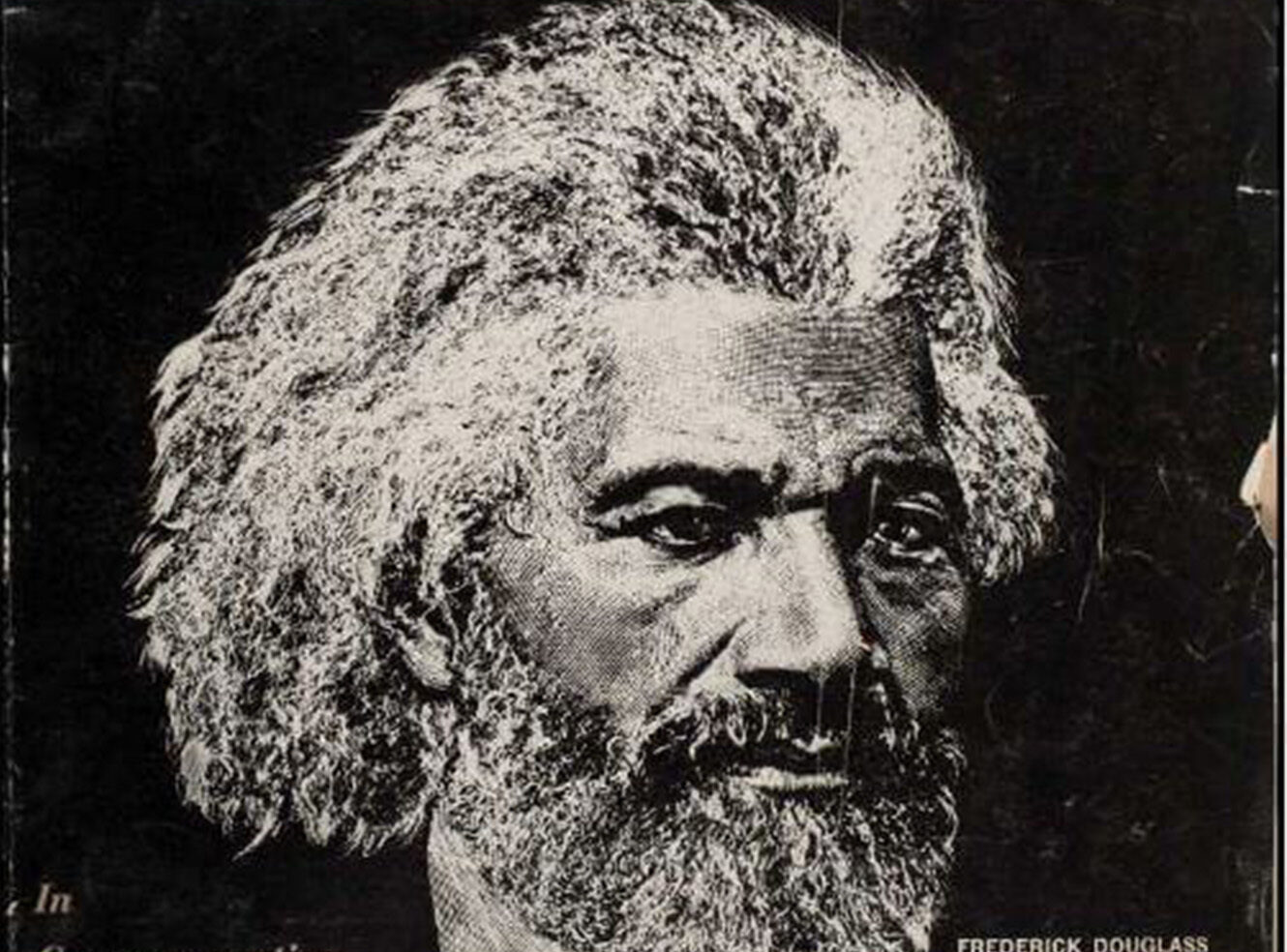 Primary inspiration
Primary inspirationIt’s been hard to get the creative juices flowing this year, that overwhelming sense of anxiety about the world, in general, was stifling, to say the least. However, the acknowledgements at the end of Colson Whitehead's The Nickle Boys got me thinking...
-
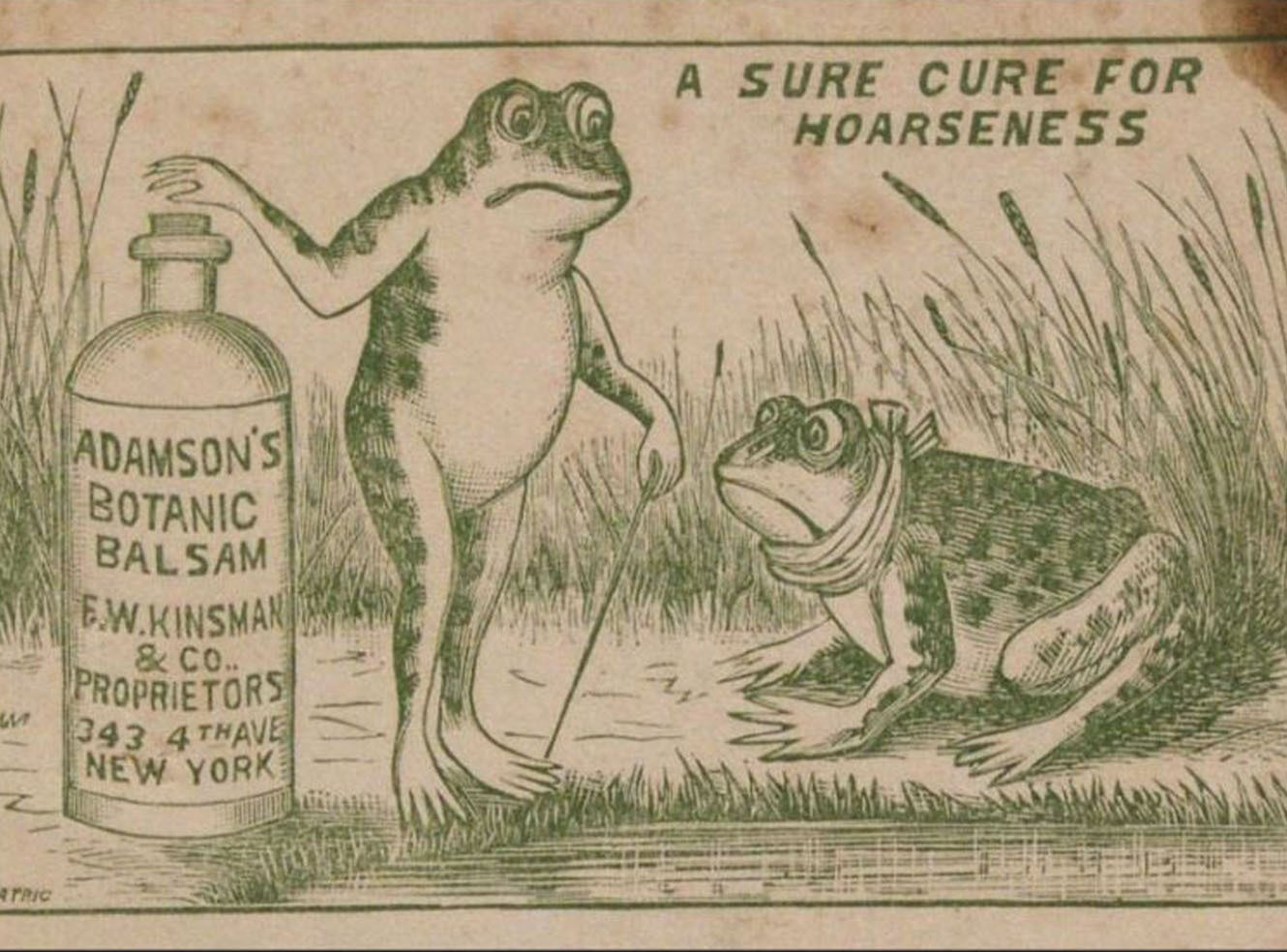 "I do not like Pink Pills and spam"
"I do not like Pink Pills and spam"“Pink Pills for Pale People!” is the excited announcement from a leaflet that can be found in Popular Medicine in America 1800-1900. If like me, you’re wondering whether the pink pills make people pale, or pale people pink, or perhaps that this much alliterative pinkness is beyond the pale...well, you might be right.
-
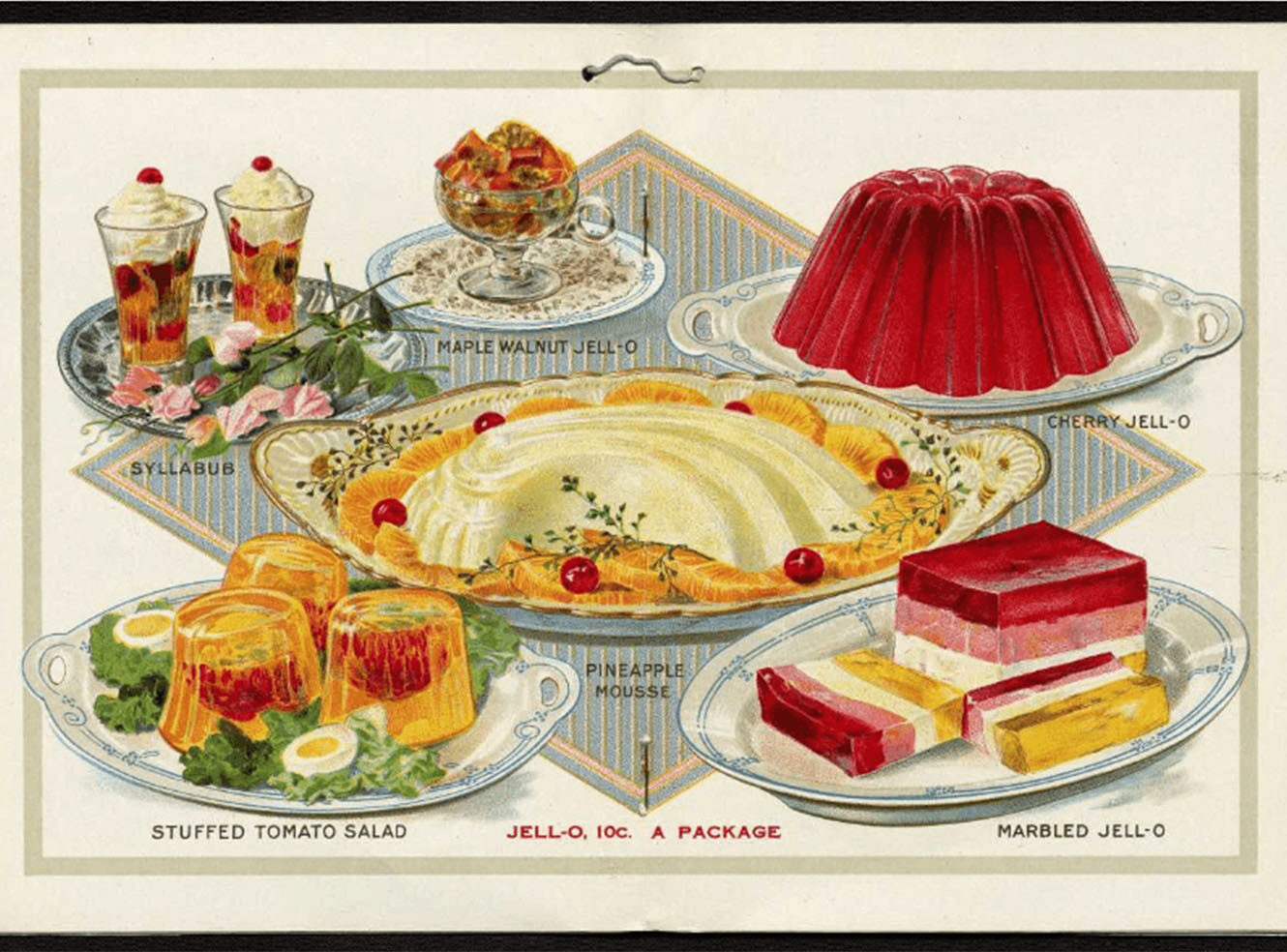 Domestic science: Revolutionising the salad
Domestic science: Revolutionising the saladWhen I first started working on the Food & Drink in History resource, I immediately became obsessed with molded jelly salads. This food fashion fascinates me, so I leapt at the chance to dig deeper.
-
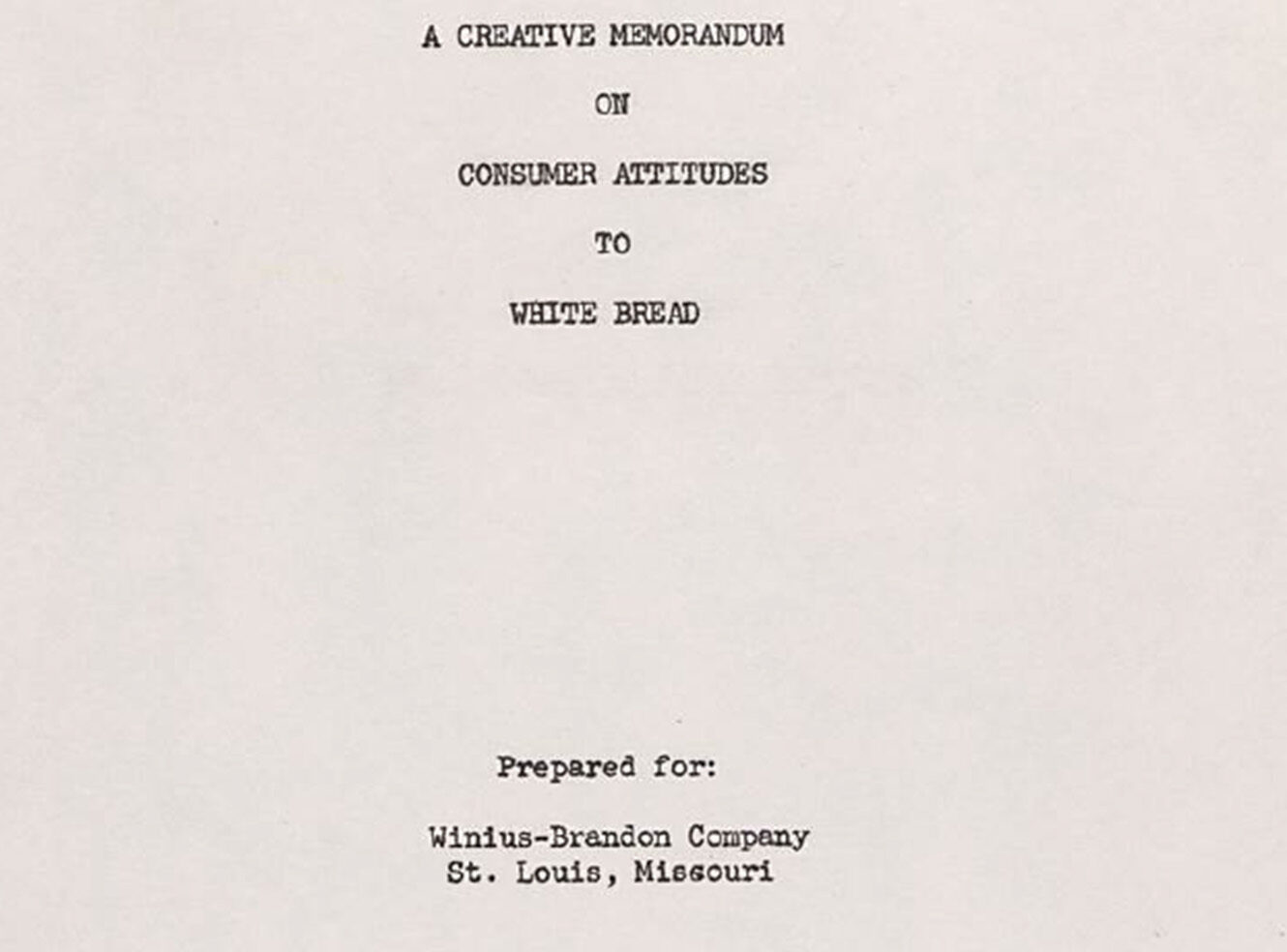 The ‘knead’ for bread: Marketing strategies from 1959
The ‘knead’ for bread: Marketing strategies from 1959This blog will showcase a few highlights from a document which explores interesting research into consumer attitudes to packaged white bread in 1959 and how attitudes and spending habits reflected changing consumer priorities.
-
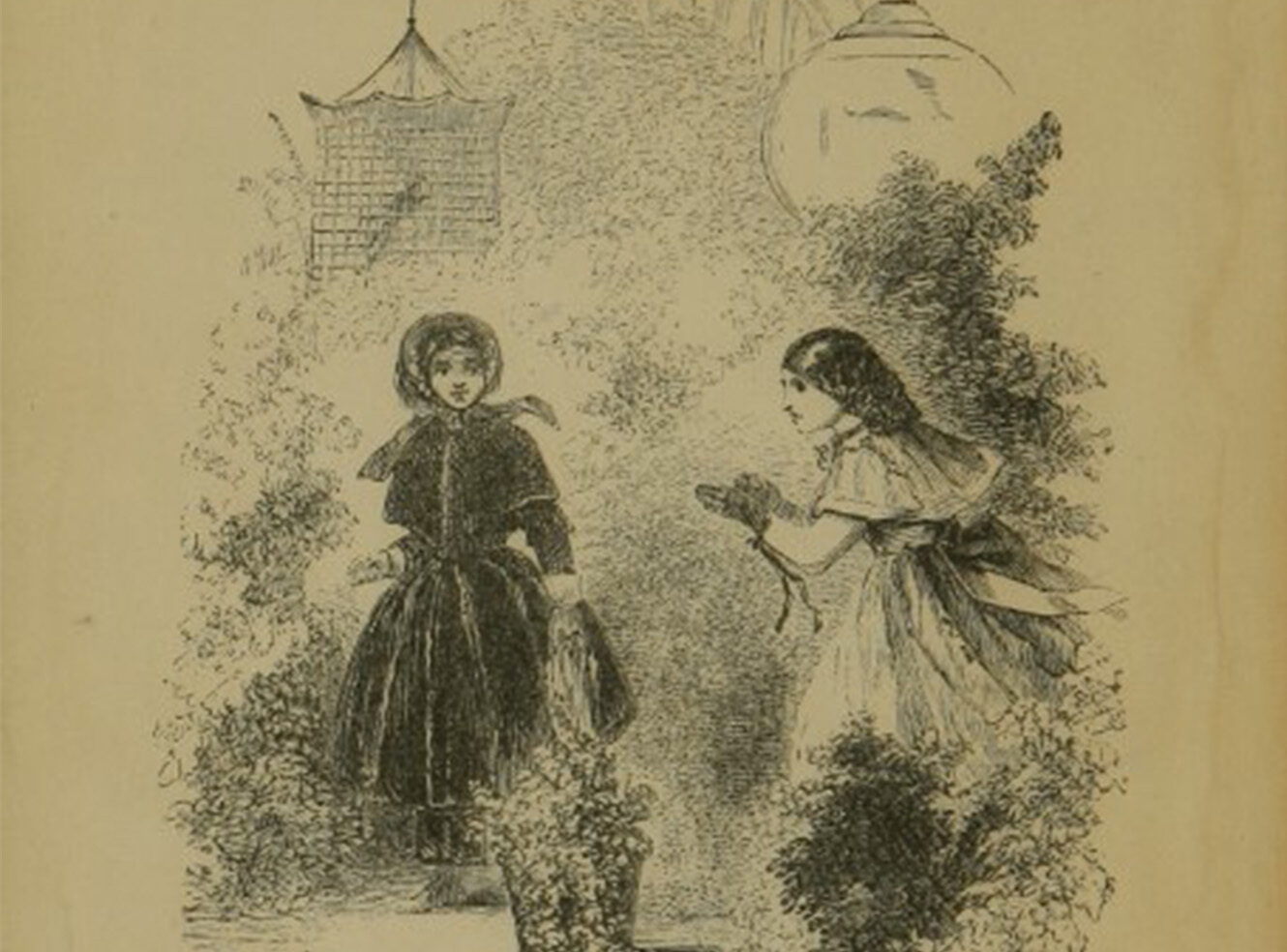 Eliza Leslie: A publishing powerhouse
Eliza Leslie: A publishing powerhouseThis month we’ve been celebrating the release of two resources: Children’s Literature and Culture, and the second module of Food & Drink in History. I was lucky enough to work on commissioning documents for both titles, and one of the best parts of my job is making connections between our resources – connections across history.
